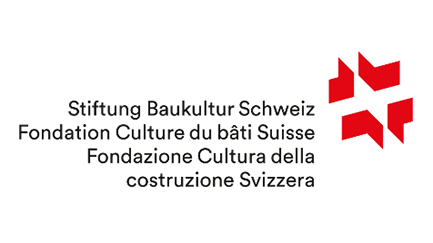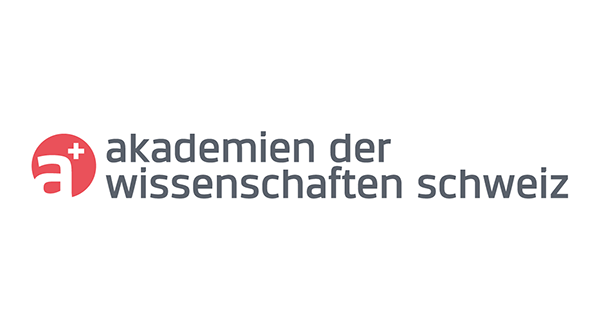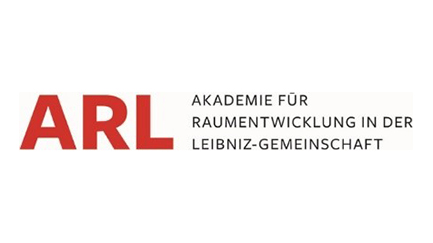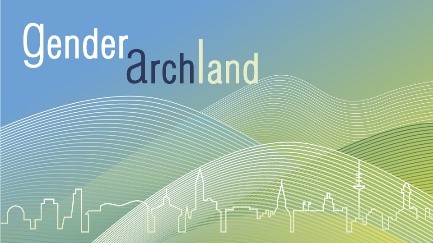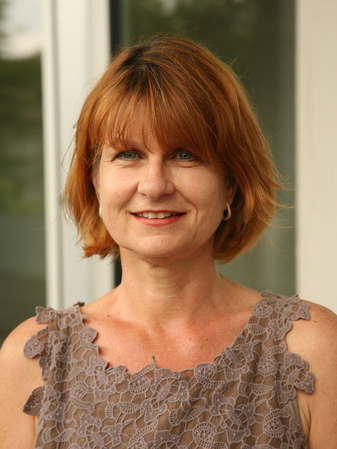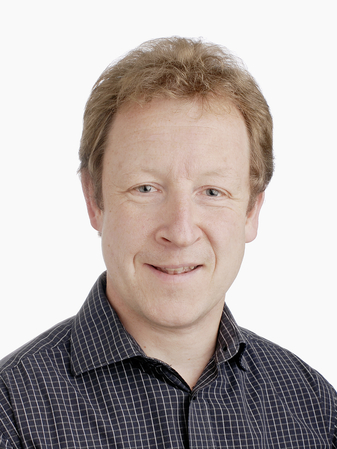The Interdisciplinary Cluster (IC) “Spatial Development and Social Cohesion” explores the spatial challenges of the 21st century through interdisciplinary collaboration in the field of spatial development.
The ongoing social transformation has a significant impact on the way we live together. The associated challenges include conflicts of use, increased competition in terms of location, persistent marginalisation of certain regions, supply shortfalls, and the strain on social cohesion. Addressing these challenges not only requires a combination of technical, architectural and economic approaches, but also the application of cultural, digital and social science solutions. This can only be achieved through interdisciplinarity. The Interdisciplinary Cluster (IC) “Spatial Development and Social Cohesion” aims to facilitate just that. Contributing solutions designed to improve quality of life, the IC has worked towards achieving integral spatial development since 2018. Sustainable use of natural resources and an eco-friendly lifestyle play a crucial role in this context.
“The focal themes of the IC Spatial Development and Social Cohesion are located at the intersection of business and society. The requirements are fast-changing in both fields. To tackle the challenges of spatial development, the HSLU has developed a range of bespoke research projects and innovative education and continuing education formats.”
Dr Anita Grams, SBB Corporate Development, expert on integrated mobility and spatial planning
The IC’s focus rests on a comprehensive socio-spatial reflection based on social and built structures and on the people and their day-to-day activities. This understanding of space feeds significant innovation potential for the existing challenges in spatial development. The material dimension of space mirrors the physical aspect of spatial practices. The symbolic dimension of space encompasses historical, economic and cultural attributions and meanings. The third dimension is the “lived-in” and lived space as perceived and realised by people in their day-to-day activities. Based on this holistic understanding of space, theories and methods from a range of disciplines can correlate, interrelate, and be reflected on.
With the help of to the IC, the HSLU has managed to significantly increase its interdisciplinary competence in these fields. Relying on their extensive national and international networks, the experts involved closely collaborate with their private sector peers. The interdisciplinary cluster builds innovative solutions to address the challenges associated with social change. The HSLU’s education and continuing and executive education programmes around the subject are in continuous development.
In the framework of this interdisciplinary cluster, five interconnected focal topics are being investigated.
Focal themes
- Building Culture in Communal, Urban and Regional Developmentp; Regionalentwicklung
- Energy Transition and Social Space
- Housing and Sustainability
- Cultural Participation and Public Spheres
- Smart Social Infrastructures
Focal theme Building Culture in Communal, Urban and Regional Development
This focal theme contributes to entrenching the high-quality design of our built environments in the practice of municipal, urban and regional development. To this end, the IC’s transdisciplinary teams develop useful solutions for the many target conflicts between personal needs and public interest in architectural transformation processes. Click here for more.
Focal theme Energy Transition and Social Space
This focal theme aims to contribute to achieving the federal 2050 energy strategy by centring socio-spatial aspects in the multi-stakeholder effort towards realising the energy turnaround and in the implementation of technical solutions. Click here for more.
Focal theme Housing and Sustainability
This theme is all about realising sustainable housing by introducing innovative forms of housing and by analysing requirements and trends, developing cutting-edge strategies and providing guidance for public and private decision-makers. Click here for more.
Focal theme Cultural Participation and Public Spheres
This focal theme aims to make cultural diversity audible and visible and to promote the acknowledgement of this diversity, debates around the preservation of values, and to improve cohabitation by developing and conducting research into socio-cultural practices and artistic design processes from the perspective of social participation. Click here for more.
Focal theme Smart Social Infrastructures
This focal theme promotes the development of smart solutions for existing and future challenges faced by social infrastructures at municipal, cantonal and federal level exposed to drivers of change including digitalisation, demographic change and individualisation. Click here for more.
Partnerships
Stiftung Baukultur Schweiz
The IC Spatial Development and Social Cohesion entered a partnership with Stiftung Baukultur Schweiz (the Swiss Foundation for Building Culture) in early 2021. The aim is to facilitate cooperation—specifically in the areas of research and continuing education—to help entrench a high-quality building culture in municipal, urban and regional development. Stefan Kunz (HSLU, IC Spatial Development and Social Cohesion) is a member of the foundation’s advisory board.
Network for Transdisciplinary Research (td-net) – Swiss Academies of Arts and Sciences
With its Network for Transdisciplinary Research (td-net), the Swiss Academies of Arts and Sciences operate a hub for the promotion of transdisciplinarity in teaching and research both in Switzerland and around the world. Ulrike Sturm, the IC’s long-standing Co-Head, was the first representative of a Swiss university of applied sciences to be appointed to the advisory board of the Network for Transdisciplinary Research.
Internationaler Arbeitskreis «Gender- and Climate-just Cities and Urban Regions» der Akademie für Raumentwicklung in der Leibnitz-Gemeinschaft
The international working group of the Academy for Territorial Development in the Leibniz Association connects specialists from various disciplines and areas of practice seeking to address the challenges of climate change faced by cities and urban areas from a gender sensitive planning perspective. The working group is led by the IC’s long-standing Co-Head, Ulrike Sturm, and Doris Damyanovic (University of Natural Resources and Life Sciences, Vienna).
Netzwerk GenderArchland – Netzwerk für GenderKompetenz in Architektur Landschaft Planung
The IC Spatial Development and Social Cohesion is a contributor to the research and networking platform “Genderkompetenz in Architektur, Landschaft und Planung – GenderArchland” which engages in gender-oriented spatial planning and is committed to developing the associated skills in the various disciplines within spatial planning. The IC is one of the network’s supporting organisations alongside the Kiel University of Applied Sciences, the University of Natural Resources and Life Sciences in Vienna and the University of Liechtenstein. Ulrike Sturm is a member of the network and co-editor of the publication “Gendered Approaches to Spatial Development in Europe: Perspectives, Similarities, Differences”
Core team
The IC’s core team comprises representatives of the HSLU’s six Schools. They provide guidance and support for the IC’s thematic development and its internal networking efforts.
- Prof. Dr. Antonio Baldassarre, Head of Research and Development and Vice-Dean, Lucerne School of Music
- Prof. Dr. Ulrike Sturm, Head of Research and Development, Lucerne School of Social Work
- Dr. Anna Amacher Hoppler, Lecturer and Project Head, Lucerne School of Business
- Prof. Stephan Käppeli, Lecturer and Project Head, Lucerne School of Business
- Marvin King, Senior Research Associate, Lucerne School of Engineering and Architecture
- Prof. Urs-Peter Menti, Co-Head of the Institute of Building Technology and Energy, Lucerne School of Engineering and Architecture
- Prof. Dr. Rachel Mader, Head of the CC for Art and Design in the Public Space, Lucerne School of Art and Design
Advisory Board
The IC’s Advisory Board comprises external specialists from a range of areas within spatial development. Their task is to critically appraise the IC’s thematic development and to help it to cultivate its external networks.
- Dr. Anita Grams, Senior Expert Mobility and Spatial Planning with SBB CFF FFS
- Dr. Maria Lezzi, Federal Office for Spatial Development ARE
- Dominik Matter, Partner and VRP with Fahrländer Partner Raumentwicklung
- Prof. Dr. Herbert Schubert, Owner, Sozial • Raum • Management – Büro für Forschung und Beratung
- Samuel Summermatter, Head of Innovation and Development with BE | Netz AG





